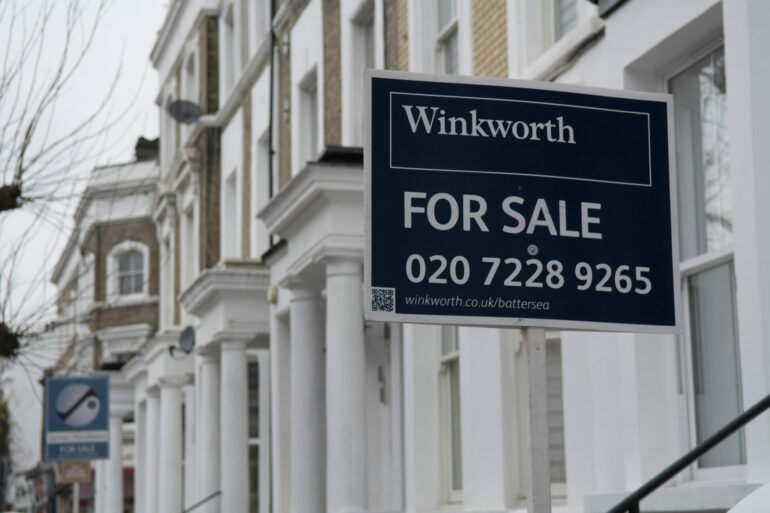The biggest annual fall in house prices in 14 years is not enough to make many would-be buyers feel optimistic about their prospects as affordability remains burdensome.
Halifax and Nationwide are singing from the same hymn sheet this month when it comes to house prices. Both have reported the largest annual drop in house prices since 2009 last month, although down from record high property prices last summer, with higher borrowing costs resulting in a slowdown in activity in the housing market.
The housing market is in a tough spot, with the affordability squeeze from high mortgage rates and broader cost of living pressures remaining a persistent challenge for would-be buyers.
While mortgage rates have ticked lower in recent weeks, they are likely to remain lofty in the near term, with interest rates set to remain elevated in a bid to rein in stubbornly high inflation. As such, buyers will have little option but to buckle down and figure out how to make the numbers work in the new era of high mortgage rates.
For buyers, finding affordable options remains difficult. Although house prices have waned from a record peak last summer, they still remain around £40,000 higher than pre-pandemic levels. And with fewer homeowners poised to become sellers this year as not to give up the super low-rate mortgage they secured before rates skyrocketed, buyers have a tough road ahead.
House prices are likely to continue to wane under the weight of an uncertain market and hesitant buyers. However, strong wage growth, in tandem with the greater availability of longer-term mortgages and more flexibility from lenders, could continue to support the property market – which could result in a soft landing for house prices rather than a crash in the near future.
Myron Jobson is senior personal finance analyst at interactive investor




